Rethinking Strategy: Inside CMFSC’s Transformation
Highlighting the transformative journey of Coquitlam Metro Ford Soccer Club, and its shift from a rigid strategic plan to a dynamic, inclusive, and implementable strategic operations plan. In 2021, the Clubs Staff and Board of Directors addressed challenges implementing the initial 2015 strategic plan – emphasizing flexibility, staff engagement, and values alignment. CMFSC established a best practice example for effective strategic implementation including, active participation of all staff, fostering a culture of shared responsibility, and adopting review processes to update the operational plan.
CMFSC’s strategic journey underscores the importance of an iterative, inclusive, and value-driven approach to strategic operations planning. The club has established a precedent for best practices, aligning with success factor #20 (out of 60) – The organization has a written strategic plan extending at least 3-5 years.
Organization
Coquitlam Metro Ford Soccer Club (Soccer)
Background
Youth sports organizations universally acknowledge the pivotal role of strategic planning in charting a course toward success. A strategic plan serves as a compass, guiding actions, resource allocation, and setting goals. It provides a roadmap, aligning staff and membership towards a common vision, adapting to changes in the market, and preparing for challenges ahead. However, despite this recognition, most youth sports clubs stumble at the starting line of strategic planning. For some, the urgency of day-to-day operations overshadows the importance of long-term planning, and for others knowing where to begin or how to navigate the process creates barriers and a strategic standstill.
Coquitlam Metro Ford Soccer Club (CMFSC), established in 2007, near Vancouver, Canada, is a beacon of high performance, with nearly 5000 participants and generating over $2.5 million in revenue. However, the path to strategic success hasn’t been without its hurdles and recalibrations. In 2015, the club was a recipient of a comprehensive ‘opportunity gap assessment.’ One recommendation was to initiate a strategic planning process. Steered by a consultant, the development of the 2015 strategic plan spanned 12 months and engaged the club’s stakeholders, including staff, directors, and members. However, despite its structured approach, the plan encountered roadblocks during implementation.
Strategic Shortfalls
According to the club’s leadership, the 2015 plan fell short in a few areas:
- Lack of real ownership and engagement among staff.
- Overemphasis on tasks without a deeper understanding and commitment to the mission and values.
- Insufficient focus on transitioning the board’s role to a strategic level and establishing accountability for operations to the professional staff.
2021 Planning Goals
Acknowledging these deficiencies, a pivotal decision was made in 2021 to modify the strategic plan. This time, the focus was on inclusivity, clarity, and accountability. The new approach started by inviting all staff members to actively participate in the planning process and engaging Board Members capable of committing extra time to club activities. Participants dedicated substantial time clarifying the clubs mission and vision, with an emphasis on identifying how the values could be observed and measured. Another goal was to shift leadership and management responsibilities, transitioning the Board away from day-to-day operations and tasking staff with the strategic operational plan. The 2021 Strategic Operations Plan was anchored by three key pillars with over 100 stated objectives. Features of the new plan include; routine review, modification and updates, tracked through Monday.com, an online workflow system used to facilitate collaborative task management.
Strategic Operations Plan Success Factors
Remarkable outcomes emerged from this restructured approach, including:
- Involving the entire staff fostered a high degree of emotional engagement and collective accountability for the plan’s outcomes. This dynamic process has nurtured a culture of shared responsibility, unity, and purpose among the staff.
- The revised plan embraced flexibility, enabling ongoing additions, removals, and adaptations to remain responsive to changing circumstances.
- Living the identified values became a priority, encouraging staff to share stories highlighting how colleagues embodied these values in the performance of their role.
- A annual report, shared with the membership, has become a vehicle for transparency, and engagement.
To-Do List for Youth Sports Leaders
1. Engage Management Staff in Strategic Planning
- Action: Involve the management staff in the strategic planning process to foster emotional engagement and collective accountability.
- Benefit: Increased buy-in and ownership of the plan, leading to a culture of shared responsibility and unity.
- Example: Host workshops and brainstorming sessions where staff members can contribute their ideas and feedback on the club’s strategic goals and operations.
2. Implement Flexible and Adaptive Planning Tools
- Action: Adopt a flexible planning tool, such as Monday.com, to facilitate ongoing modifications and updates to the strategic operations plan.
- Benefit: Enhanced responsiveness to changing circumstances and continuous improvement of the strategic plan.
- Example: Regularly review and adjust objectives and tasks in Monday.com based on feedback and evolving club needs, ensuring the plan remains relevant and effective.
3. Establish Clear Values and Accountability
- Action: Define and integrate the club’s core values into daily operations, and shift the Board’s focus to strategic oversight while assigning operational accountability to staff.
- Benefit: Strengthened alignment with the club’s mission and values, and improved clarity in roles and responsibilities.
- Example: Create a values-based recognition program where staff members share stories of colleagues exemplifying the club’s values, and provide regular updates to the Board on strategic progress and operational outcomes.
Coquitlam Metro-Ford Soccer Club leaders of note:
Alex Barnetson , President (Volunteer)
Sara Maglio, Executive Director
CMFSC Strategic Planning Document
Get Involved! It’s free and Open Source
Start by comparing your club’s performance to 60 best practices access to IYSL Best Practice Analysis Tool and receive a detailed report.
Get recognized – contact David Newbery if you have an example of best practice and are willing to share your story of success with the youth sports community. [email protected]
Join IYSL LinkedIn Group and Newsletter
